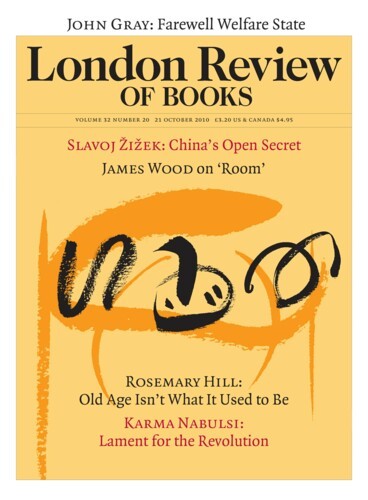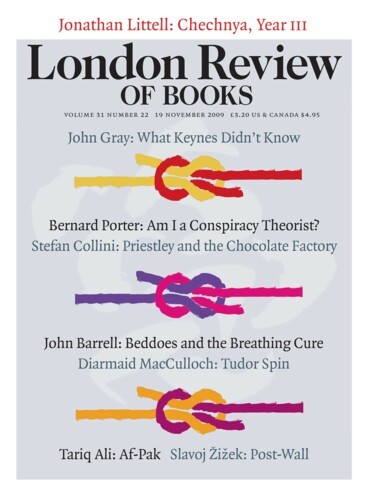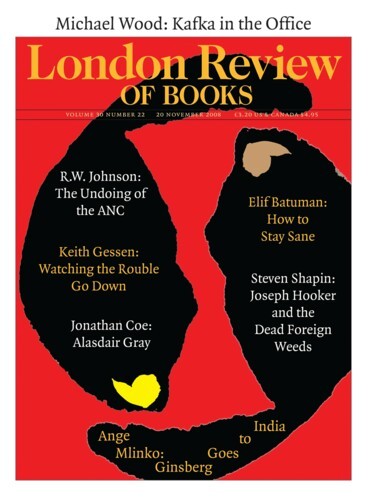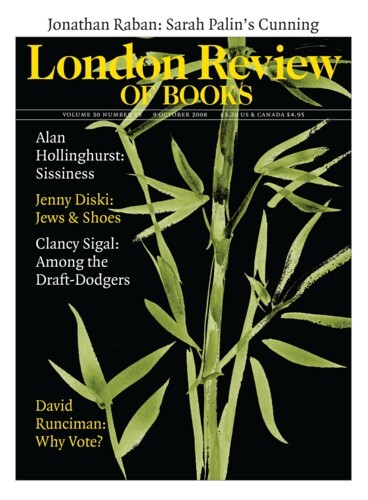Can you give my son a job? China’s Open Secret
Slavoj Žižek, 21 October 2010
Khrushchev’s speech in 1956 denouncing Stalin’s crimes was a political act from which, as his biographer William Taubman put it, ‘the Soviet regime never fully recovered, and neither did he.’ Although it was plainly opportunistic, there was just as plainly more to it than that, a kind of reckless excess that cannot be accounted for in terms of political strategy. The speech so undermined the dogma of infallible leadership that the entire nomenklatura sank into temporary paralysis. A dozen or so delegates collapsed during the speech, and had to be carried out and given medical help; one of them, Boleslaw Bierut, the hardline general secretary of the Polish Communist Party, died of a heart attack. The model Stalinist writer Alexander Fadeyev actually shot himself a few days later.





